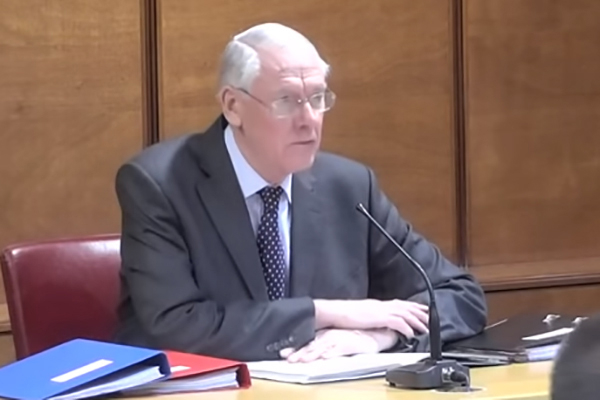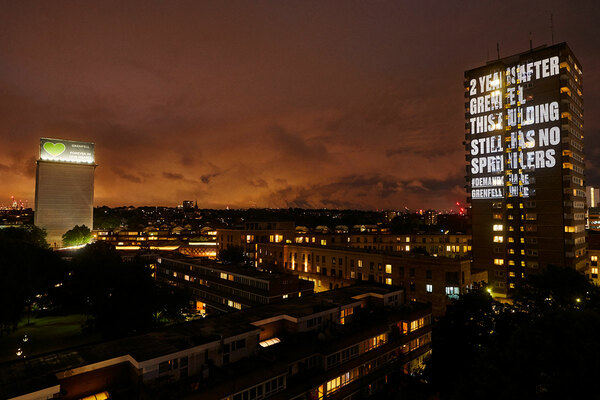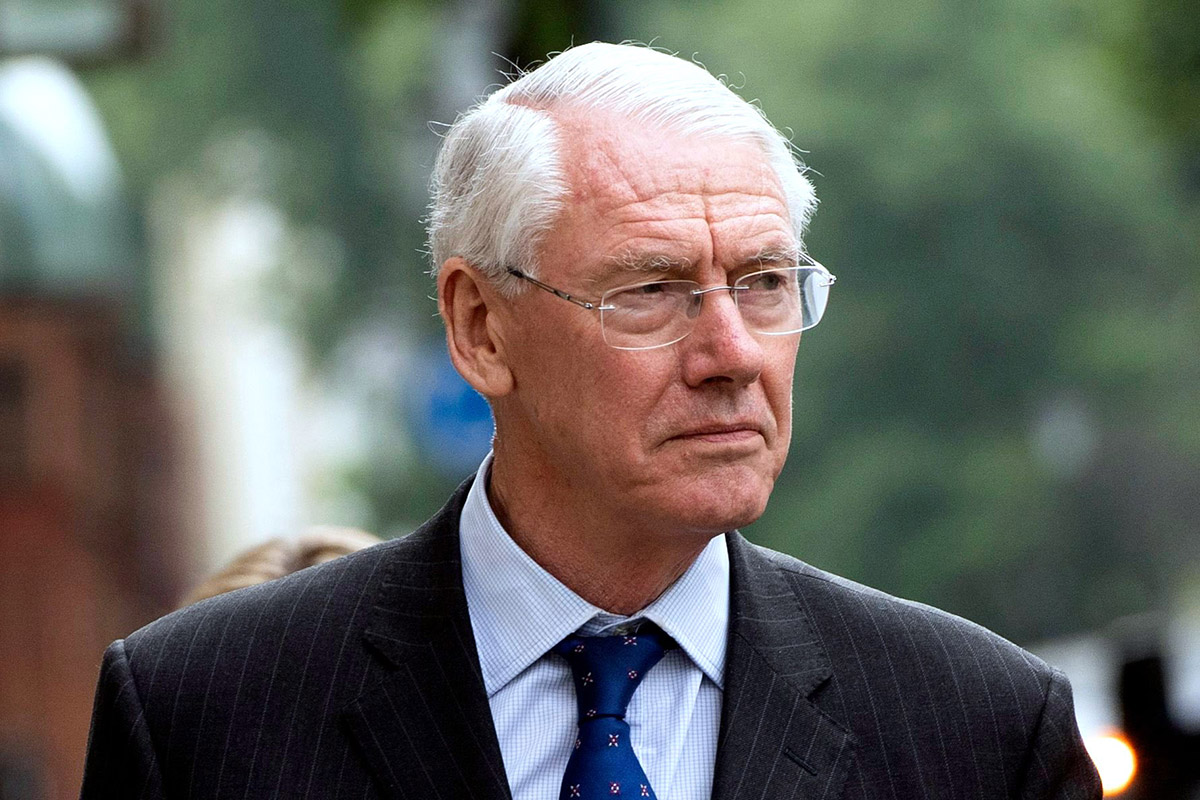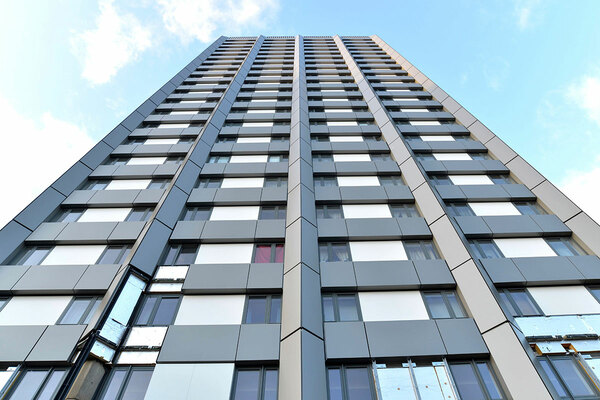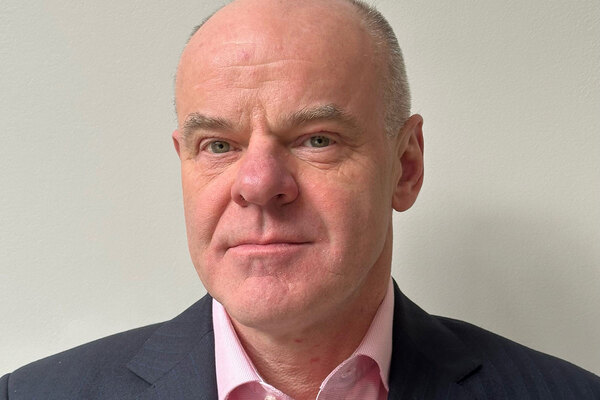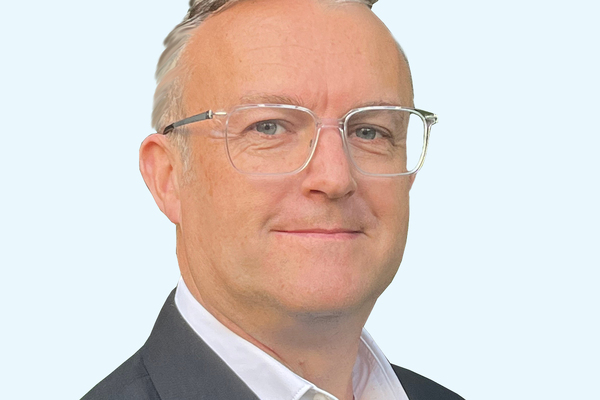You are viewing 1 of your 1 free articles
Grenfell Inquiry: companies involved in Grenfell refurbishment respond to phase one findings
A number of companies that were involved in the refurbishment of the Grenfell Tower before the fire that killed 72 people have responded to the publication of the findings from the first phase of the inquiry.
Kingspan, the company that produced the insulation, agreed with the inquiry’s findings that the façade system did not comply with building regulations, while Arconic, the cladding manufacturer, said it would be premature to accept this conclusion.
A number of the other companies involved in the design and fitting of Grenfell’s cladding would not comment on whether they agreed with inquiry chair Sir Martin Moore-Bick’s conclusions.
Arconic, the firm which manufactured the aluminium composite material (ACM) cladding panels on Grenfell Tower, has said it would be “premature” to accept the findings that building’s external wall system did not meet building regulations.
Sir Martin said in his phase one report, published last month, that the ACM panels with polyethylene cores were the “principle reason why the flames spread so rapidly” across the building.
The polyisocyanurate and phenolic foam insulation behind the panels “contributed” to the flame spread, he said, while the tower’s architectural crown “was primarily responsible for the spread of the fire horizontally”.
Asked if it accepted the inquiry’s findings on this issue, Arconic said: “We continue to offer our full support to the authorities as the inquiry works through the complex questions presented.
“We believe that any conclusion at this point in the inquiry process – before the evidence has been presented in phase two – would be premature.
“Arconic Architectural Products SAS, a French subsidiary of Arconic, sold its product as one component of the overall cladding system with the expectation that it would be used in compliance with the various local building codes and regulations.”
Arconic previously contended in evidence submissions that the inquiry should not make any findings about whether Grenfell’s external walls complied with building regulations in phase one.
However, Sir Martin judged that “it would be an affront to common sense” to contend that the external façade complied with building regulations by resisting the spread of fire.
Kingspan, which manufactured the building’s insulation, told Inside Housing: “Sir Martin concluded that the polyethylene-cored ACM cladding panels were the principal cause of the spread of the fire, which accords with Kingspan’s submission to the inquiry that ‘the principal reason why the flames spread so rapidly up the building was the presence of the ACM panels with polyethylene cores’.”
Phase one focused on the events on the night of the Grenfell Tower fire on 14 June 2017, while phase two will consider decisions made around the building’s refurbishment, including the installation of the cladding system.
Sir Martin’s original intention was to wait until phase two to investigate whether the cladding system was non-compliant, but his phase one report said there was “no good reason why that question should not be determined now”.
Celotex, which manufactured the majority of the insulation used in the cladding system, said the publication of the phase one report was an “important step in the inquiry’s work”.
That work, to which Celotex continues to offer its full co-operation, is due to continue throughout next year with the hearings for phase two.
Celotex said: “The scale of the inquiry’s undertaking, and the length and detail of the phase one report, illustrate how complex the issues are which fall within the inquiry’s terms of reference.
“Celotex re-affirms its deepest sympathies to everyone who has been and continues to be affected by the tragic fire at Grenfell Tower.”
Rydon, the main contractor carrying out the refurbishment works, said: “We continue to co-operate with the public inquiry as this process enters phase two. Our thoughts remain with the families and all those affected by this tragedy.”
Studio E, the architectural firm which designed Grenfell Tower’s refurbishment, did not respond to requests for comment.
Harley Facades, the company that was sub-contracted to carry out the cladding installation for Rydon, was contacted for comment.
